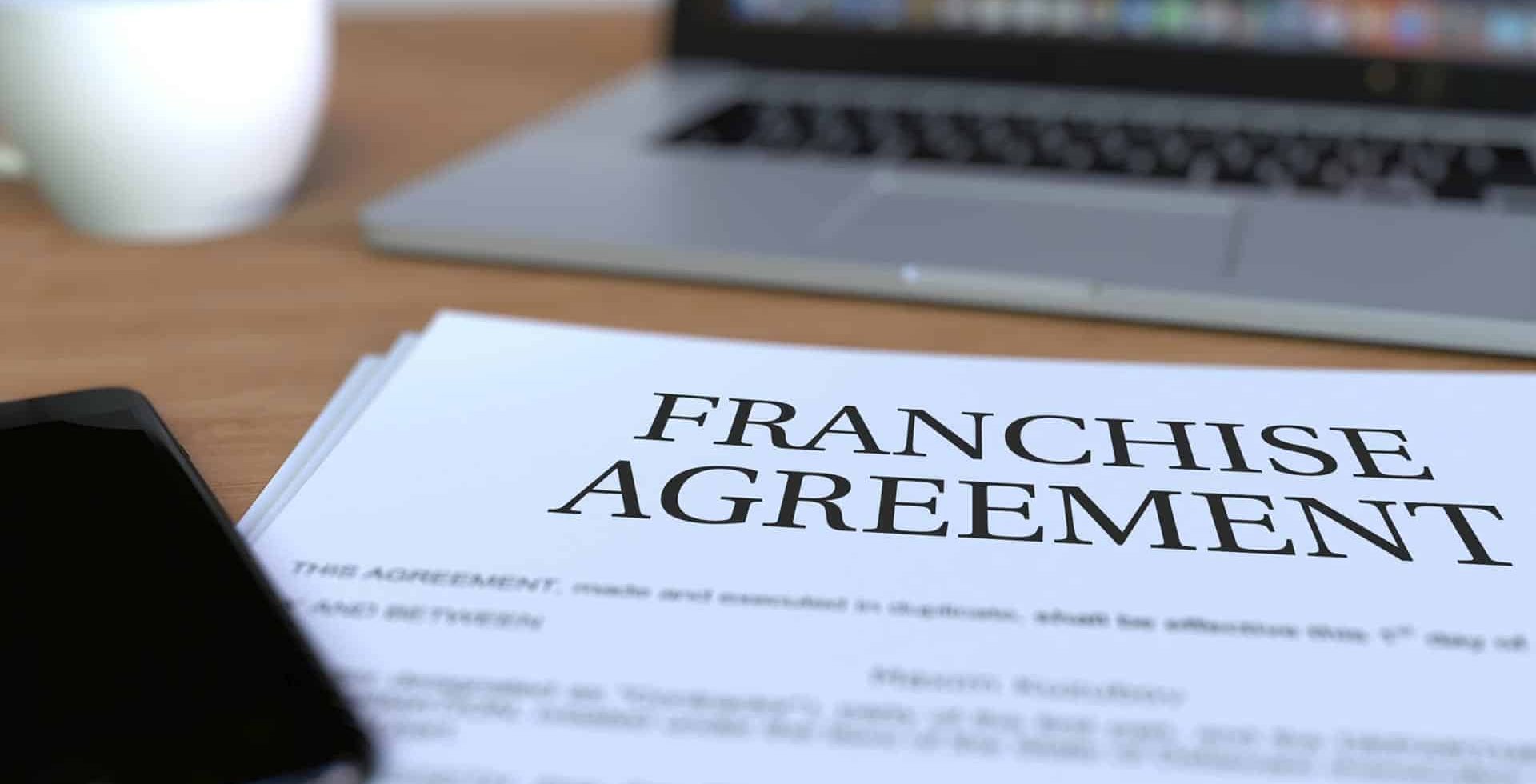Franchise agreements will typically contain at least one right of renewal. The agreement will include a clause which provides a date or time frame by when a right of renewal must be issued.
I have been involved in multiple disputes concerning the topic of renewal. This would be one of the bigger areas of contention in franchise disputes.
Examples of the various scenarios that can arise include:
a) franchisee verbally advises franchisor of renewal within the time stated in the franchise agreement but franchisor later professes to have no knowledge of that verbal notice of renewal. How does the franchisee prove they gave notice of renewal?
b) franchisee gives no notice of renewal, due to oversight. Franchise agreement then comes to an end and franchisor takes the position that the agreement has now been terminated and that the franchises at an end. What can the franchisee do to protect their business?
c) the franchisee gives a notice of renewal without checking to see whether there is a matching renewal period in a lease associated with the business. What happens here?
d) a renewal notice is correctly given by the franchisee but the franchisor then produces a franchise agreement which is significantly different from the existing franchise agreement. Does the franchisee have to accept the new agreement?
I will answer each of these questions in turn.
a) franchisee verbally advises franchisor of renewal within the time stated in the franchise agreement but franchisor later professes to have no knowledge of that verbal notice of renewal. How does the franchisee prove they gave notice of renewal?
It is extremely difficult to prove that notice of renewal is given if there is not any evidence in writing that it was given. As with all contested disputes of fact, you never want to be in a “he said she said” dispute, especially if you are the party trying to prove that something was said. For this reason, lawyers always recommend that a notice of renewal is given in writing, in the prescribed form set out in the franchise agreement and to the address set out in the franchise agreement.
b) franchisee gives no notice of renewal, due to oversight. Franchise agreement then comes to an end and franchisor takes the position that the agreement has now been terminated and that the franchises at an end. What can the franchisee do to protect their business?
In a lease situation, where a renewal is not given within a set timeframe, in certain circumstances a lessee can get relief from the court. There is some legal authority that suggests that in this regard, a lease agreement is a covenant to a franchise agreement. Applying this argument, I have previously succeeded in convincing franchisors not to take the position that the franchise agreement is now at an end.
It is extremely important, as soon as the franchisee realises that they have not given notice of renewal, to seek legal advice from a barrister because it may be appropriate to immediately obtain an interim injunction from the court preventing the franchisor from taking steps terminating the franchise agreement or giving effect to the termination.
c) the franchisee gives a notice of renewal without checking to see whether there is a matching renewal period in a lease associated with the business. What happens here?
The franchisee will have a franchise but they will have nowhere to operate the franchise from. Without premises, the franchisor will very likely be within their rights to bring the franchise to an end. It is extremely important that lease terms and franchise terms are matched up. In this scenario, the franchisee would potentially need to source alternative premises from which to operate.
d) a renewal notice is correctly given by the franchisee but the franchisor then produces a franchise agreement which is significantly different from the existing franchise agreement. Does the franchisee have to accept the new agreement?
There is American case law that I have previously used to successfully convince a franchisor that they cannot substantially alter the terms of the franchise agreement. That said, this is a very difficult area because in order to develop and grow, the underlying franchise model sometimes needs to develop and grow and in turn that can mean substantially changing the franchise agreement, including such things as altering fee structures.
Franchise agreement renewal clauses will differ from agreement to agreement. Some clauses contain restrictions on what may or may not be changed and subsequent agreements. It is easy to overlook some of this fine print and it is therefore very important to closely examine the franchise agreement itself to determine what can and cannot be changed in subsequent agreements.






